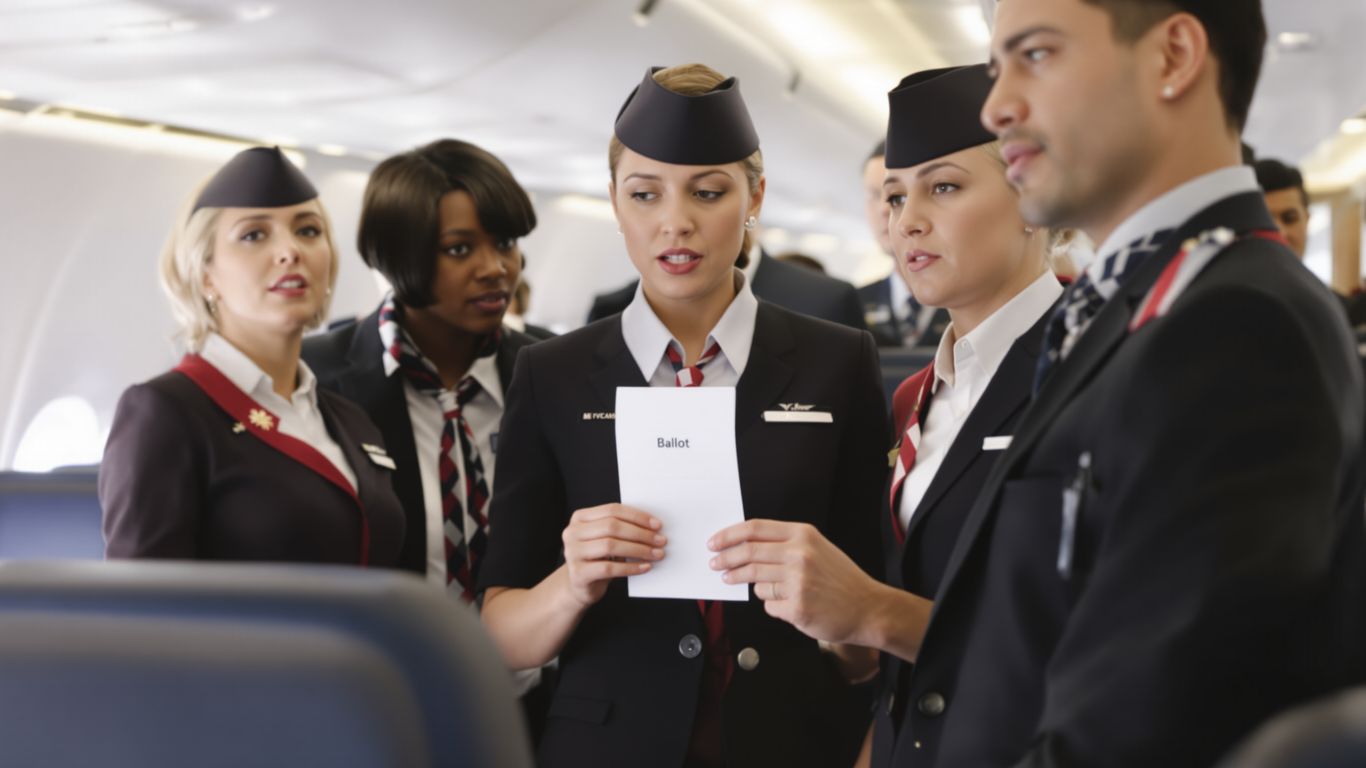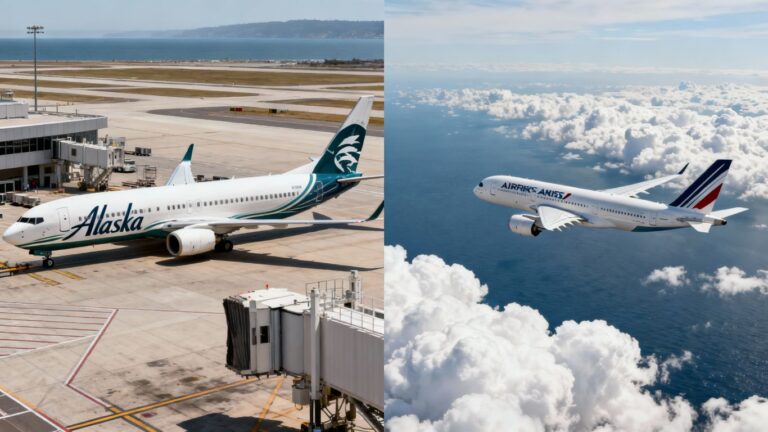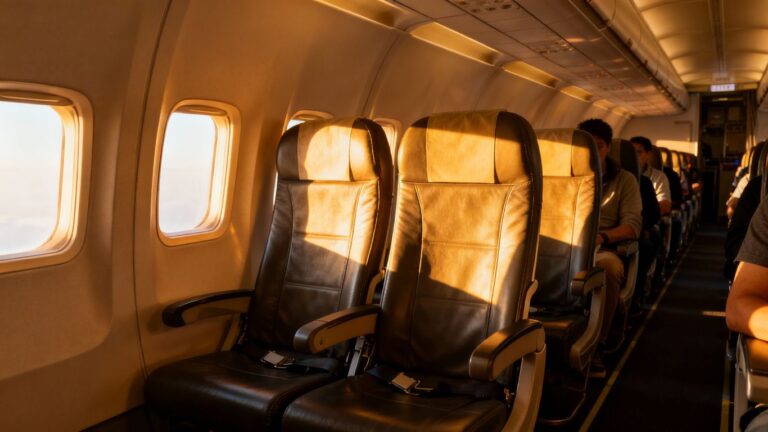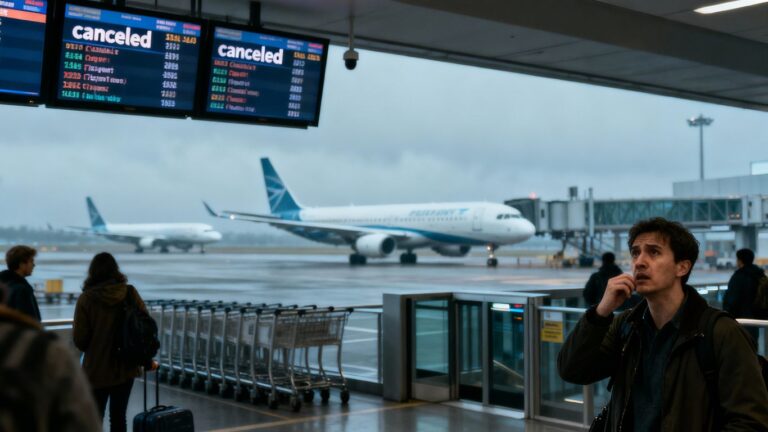
Air Canada flight attendants, represented by the Canadian Union of Public Employees (CUPE), have overwhelmingly rejected the airline’s latest wage offer. With a staggering 99.1% of members voting against the contract, the dispute is now set to move into mediation, and potentially arbitration, if an agreement cannot be reached.
Key Takeaways
- 99.1% of Air Canada flight attendants voted against the proposed contract.
- The union criticizes the federal government’s “corrosive role” in the negotiations.
- Flight attendants argue that even with proposed increases, wages remain below the federal minimum wage.
Contract Rejection and Union’s Stance
The vote, which saw a 94.6% turnout, signifies a strong dissatisfaction among the flight attendants with the proposed wage adjustments. CUPE stated that while the offer included some gains, such as partial pay for ground duties, it is merely a starting point. The union has been vocal in its criticism of the federal government, accusing it of intervening in the labor dispute and siding with Air Canada to suppress wages. Wesley Lesosky, President of Air Canada’s CUPE, asserted that the airline did not negotiate in good faith, anticipating government intervention to neutralize their right to strike.
Wage Discrepancies and Government Involvement
According to the union, even with the proposed wage increases, Air Canada flight attendants would still earn less than the federal minimum wage. For instance, a full-time Rouge flight attendant would earn $2,219 per month, and a mainline flight attendant $2,522 per month, falling short of the $2,840 monthly equivalent of the $17.75 federal minimum wage. This situation has led to criticism that full-time employees at a major national carrier are not earning a living wage. The union also pointed to the airline’s CEO, Michael Rousseau, who reportedly expected government intervention to prevent a strike, a sentiment echoed by the union’s perception of the government’s swift action during a previous four-day strike in mid-August.
Path to Mediation and Arbitration
Following the rejection of the contract, the matter will now proceed to mediation. If mediation fails to yield an agreement, the dispute will move to arbitration. This process is seen as a critical juncture, with the union aiming to secure better compensation for its members. The situation highlights the ongoing tension between airline operational costs and the demand for fair wages for its employees, particularly in an industry known for its complexities and tight margins.







